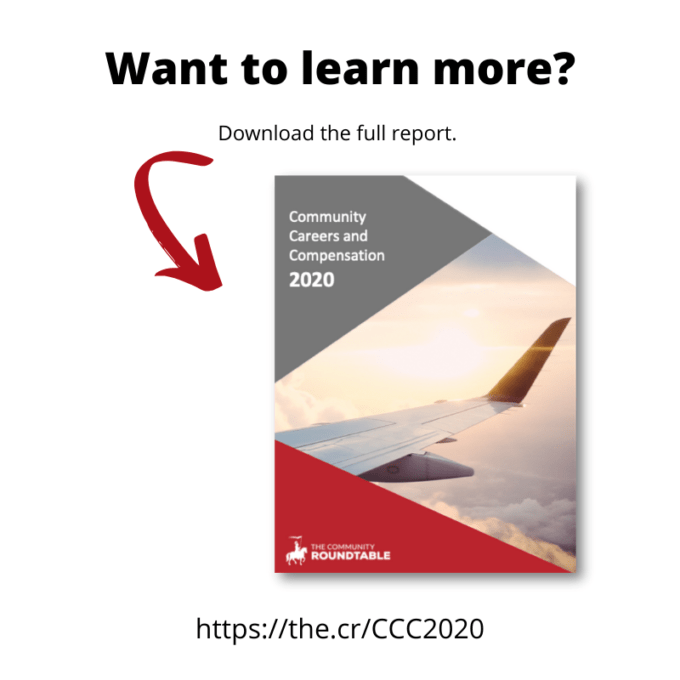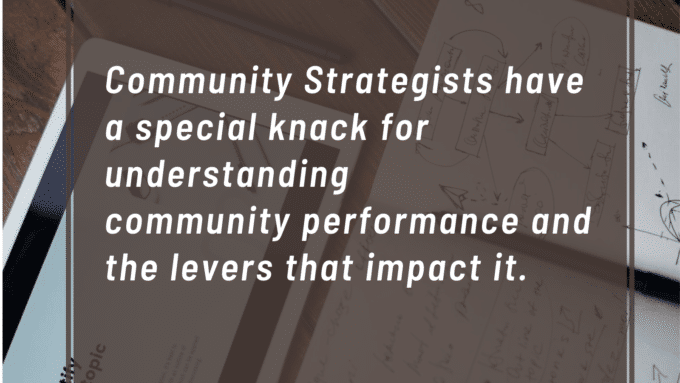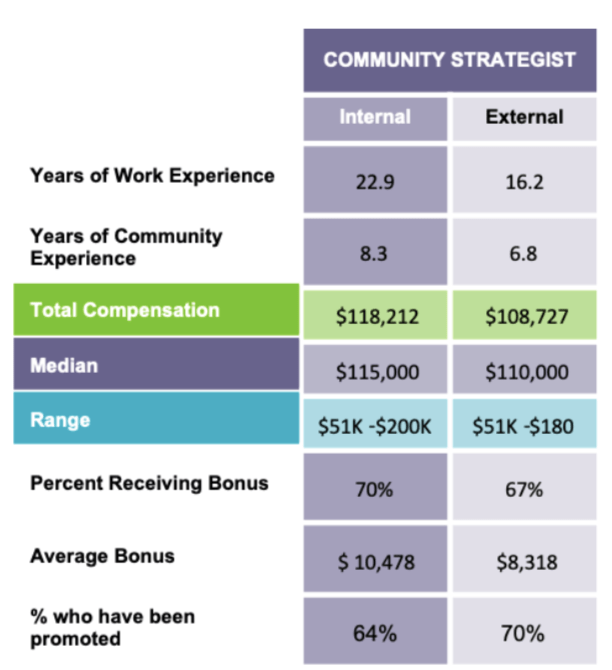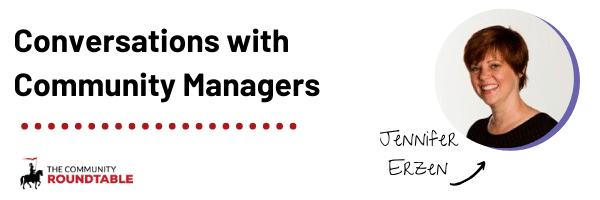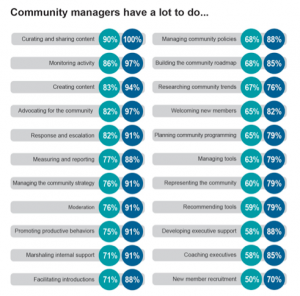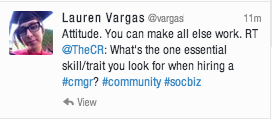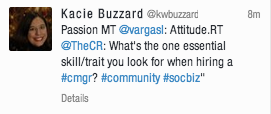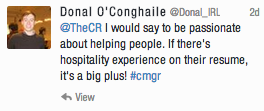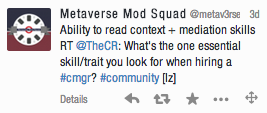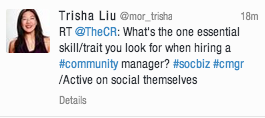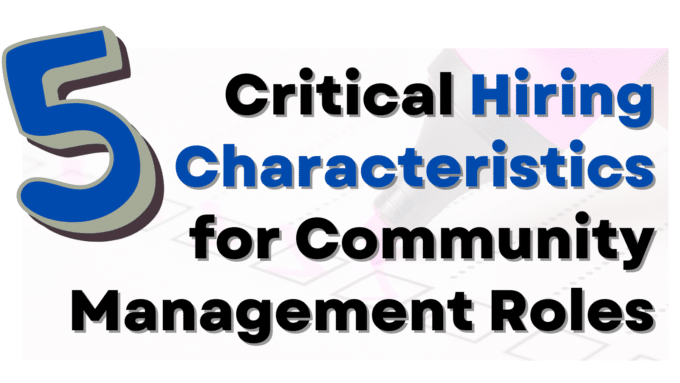
Looking at community job descriptions, it’s clear there are some characteristics that are prized by hiring managers.
While empathy, communication skills, and collaboration have always been a component of a community professional’s responsibilities, the growing recognition of the need for negotiation and strategic skills is newer. As community roles become more common, and as they continue to diversify into more specific areas (like community operations, technical community management, etc.) there will continue to be a core set of characteristics that are critical for successful community management.
We’ve found these five characteristics to be key when evaluating community talent. This is obviously not a complete list – thinking about your unique needs as a community program and an organization will always be important when thinking about the right fit for your community team.
5 Critical Hiring Characteristics for Community Management Roles
1 – Empathy. Many community management job descriptions share a key requirement: empathy. The ability to understand and share the feelings of another is quickly becoming a critical part of effective community management. Emotional intelligence is a key attribute.
2- Strong communication and negotiating skills. Community professionals interact with a wide range of people and have to gracefully navigate differences of opinion and perspective. That requires sophisticated communication and negotiation skills – no wonder these skills are becoming more common on job descriptions.
3 – Ability to collaborate across the business. Community professionals are being asked to partner with teams across organizations. This requires leading discussions and training on community topics, as well as implementing projects that generate shared value. The ability to listen, translate concepts across different groups, and collaborate is essential.
4 – Strategic planning. In an environment where you rarely can tell people what to do, staying aligned around a strategic vision is key to a successful community program. This strategic vision informs planning, governance, and tactical programming in ways all community professionals need to understand.
5 – Ability to thrive remotely. We admit, this one is new and we aren’t seeing it on too many job descriptions yet, but just wait. As the world becomes more comfortable with employees working remotely the ability to thrive both working remotely, and also connecting people who are working remotely will become a sought-after skill.
If you want a primer on 50 common community management skills our Community Skills Framework™ includes five skill families with ten skills in each family, prioritized based on what we learned from our extensive community management research. You can use the Community Skills Framework™ as you craft your community job descriptions to ensure you are using industry-standard terms and including the skills critical to your particular community needs.
Learn more about the Community Skills Framework™ here.
If you want to browse community management job descriptions and get more advice on smart hiring for online community management roles you can download our community job index here.
